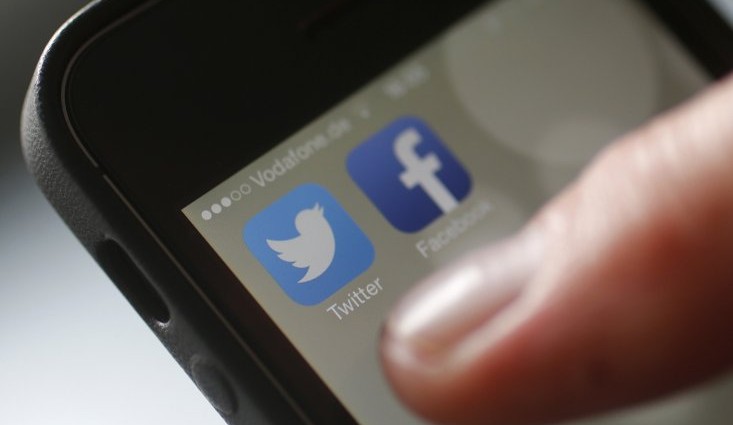Facebook, Twitter, Google and Microsoft join forces to combat ‘terrorist content’ online

Technology giants Facebook, Twitter, Google's YouTube and Microsoft have teamed up to identify and tackle the spread of extremist content on their platforms. On Monday (5 November), the companies announced their plan to create a shared database of unique digital fingerprints called "hashes" of terrorist and extremist images and videos to help the companies identify and remove illegal content from their sites.
The database will include disturbing and violent terrorist imagery as well as recruitment videos and images. The companies said they will use the shared hashes to help them quickly identify and weed out potential extremist content from their sites for violating their respective community policies.
"There is no place for content that promotes terrorism on our hosted consumer services," the four companies said in a joint statement. "We hope this collaboration will lead to greater efficiency as we continue to enforce our policies to help curb the pressing global issue of terrorist content online.
Each company will independently decide which image and video hashes it wishes to include in the database. If it finds content that has been matched to a particular hash on its platform, it will apply its own policies and definitions of terrorist content when deciding whether or not to remove the post.
"Each company will continue to apply its practice of transparency and review for any government requests, as well as retain its own appeal process for removal decisions and grievances," the firms noted. Other participating companies will also be able to add hashes and use them to identify and remove illegal posts from their own platforms in the future as well.
The new database will be launched in early 2017, Reuters reports.
Technology companies have faced pressure from government authorities and critics to hasten the crackdown on extremist content on their platforms and stop terrorist organisations from using their sites to spread propaganda.
In June, the father of one of the US victims killed in the deadly terror attacks in Paris in November 2015 filed a lawsuit against Facebook, Twitter and Google claiming that they "knowingly permitted the terrorist group ISIS to use their social networks as a tool for spreading extremist propaganda, raising funds and attracting new recruits."
President Barack Obama pressed Silicon Valley firms last year to work with US law enforcement authorities to prevent terrorist organisations from using their sites, social media and encryption communication systems to promote and conduct acts of terror.
This week, the European Commission urged Facebook, Twitter, Microsoft and Google to quickly tackle hate speech and incitement to terrorism on their sites or face the possibility of legislation forcing them to do so.
Earlier this year, the companies agreed to a "code of conduct" with the EU to combat the spread of hate speech online as well as identify and remove flagged illegal content within 24 hours. However, the Commission found that they have not adequately complied with the code so far.
"Through this collaboration, we are committed to protecting our users' privacy and their ability to express themselves freely and safely on our platforms," the companies said. "We also seek to engage with the wider community of interested stakeholders in a transparent, thoughtful and responsible way as we further our shared objective to prevent the spread of terrorist content online while respecting human rights."
Политика конфиденциальности | Правила пользования сайтом








